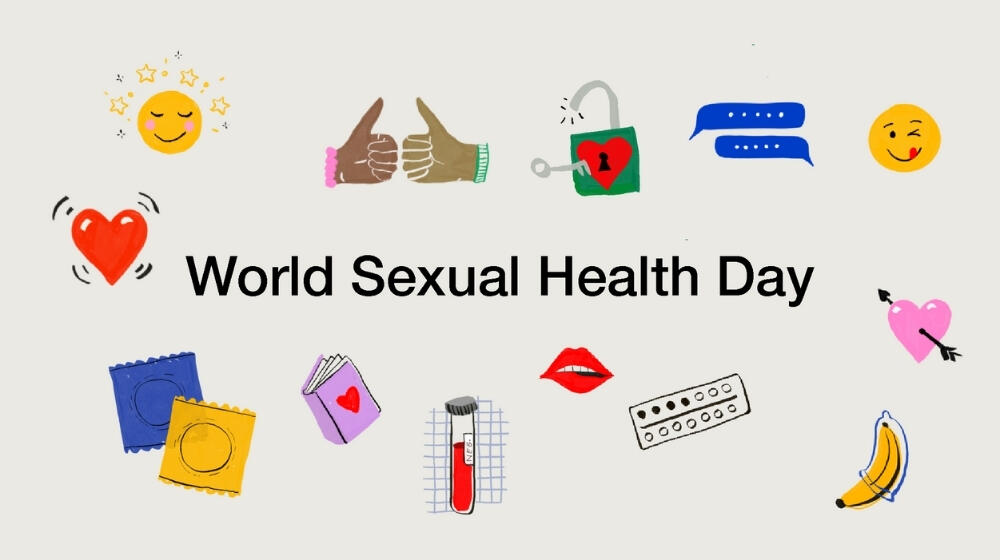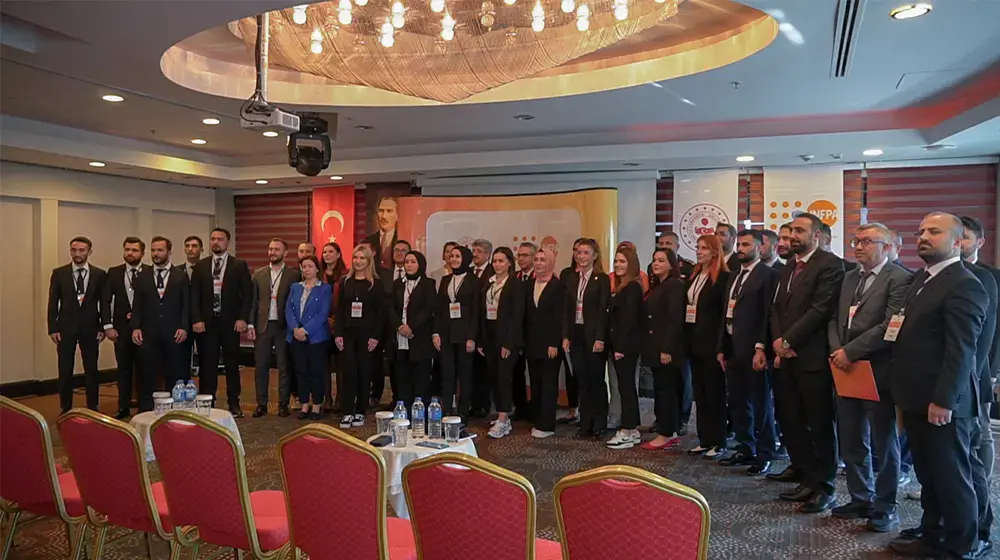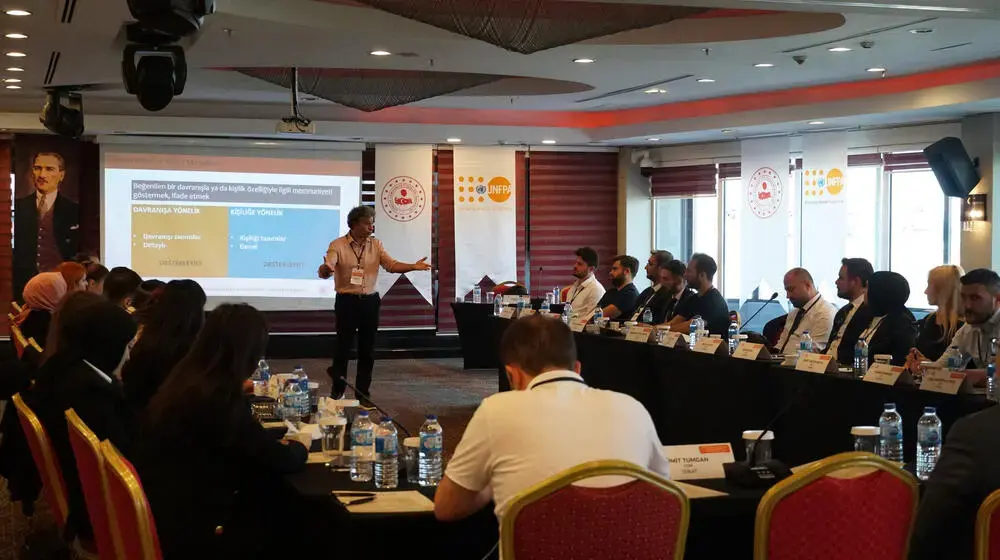Sexual health is not just about the absence of disease.
It is an integral part of human health, a matter of holistic well-being – physical, mental, emotional – that enables people to reach their full potential. It’s about building relationships upon mutual trust and respect, and creating a safe space from which we can express ourselves and connect with others. It is inseparable from the full enjoyment of human rights, including every person’s right to bodily autonomy.
At its core is consent. Every person has the right to decide if, when and with whom to have sex. With that in mind, World Sexual Health Day this year is spotlighting the importance of consent by making it the theme of the day.
Everyone has a right to make their own choices about their lives and bodies, including if and when they want to have children. And it means that everyone must be able to access everything they need – including contraception and the full range of sexual and reproductive health services and information – to make these rights a reality.
We are healthier when we know our own bodies, understand how to take care of and protect ourselves, and can readily access services and support. But too often, the right to sexual health is denied – especially to women and girls, LGBTQI+ people, people with disabilities and those living in poverty or belonging to communities facing discrimination.
The right to sexual health is denied when sex is shrouded in shame and ignorance, or bound up with coercion, abuse or exploitation. It is denied when people face stigma, discrimination and violence, and also when sexual and reproductive health care is out of reach, such as during humanitarian crises or as a result of poverty and systemic injustices rooted in sexism, racism, sexual orientation, age or ability.
UNFPA promotes sexual health across the world by advocating for every person’s right to bodily autonomy and supporting access to essential sexual and reproductive health services, without discrimination. In times of stability and crisis alike, UNFPA works to ensure access to contraception, comprehensive sexuality education, maternal health and services to prevent and respond to gender-based violence and harmful practices such as female genital mutilation and child marriage.
“When women and girls can make the most fundamental choices about their bodies, they not only gain in terms of autonomy, but also through advances in health and education, income and safety,” UNFPA Executive Director Dr. Natalia Kanem has said. “These add up to a world of greater justice and human well-being, which benefits us all.”




